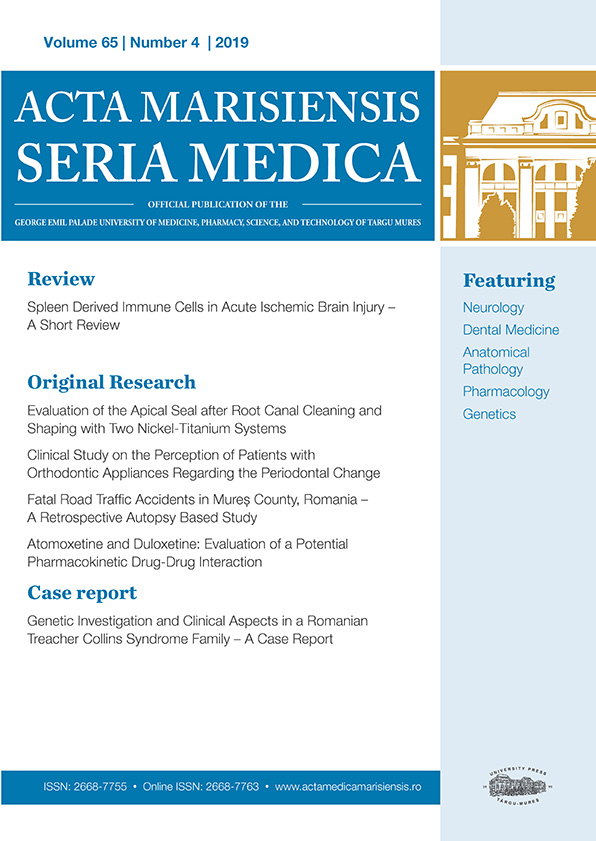Effect of isoflurane anesthesia on the heart rate and blood pressure response to autonomic nervous system stimulation and inhibition in rats
DOI:
https://doi.org/10.2478/amma-2020-0016Keywords:
anesthesia, autonomic nervous system, blood pressure, heart rate, isofluraneAbstract
Objective: Many experimental studies aim to assess the autonomic nervous system (ANS), but this is often hampered by interactions with anesthetic drugs. We aimed to evaluate whether isoflurane anesthesia is suitable for ANS evaluation in rats.
Methods: Six Wistar rats were anesthetized with isoflurane (4 L/min, 2.5%). Systolic blood pressure (SBP) and heart rate (HR) were measured at baseline and 20 min after sympathetic inhibition (propranolol, 5 mg/kg) and stimulation (isoproterenol, 2.5 mg/kg), and parasympathetic inhibition (atropine nitrate, 2 mg/kg) and stimulation (carbamylcholine, 0.4 mg/kg; acetylcholine, 0.1 mg/kg). Six additional rats were used to assess the effects of isoproterenol, carbamylcholine, and atropine nitrate in the absence of anesthesia.
Results: Propranolol significantly decreased the HR and the SBP, whereas isoproterenol significantly increased the HR (all p≤0.01) in the isoflurane-anesthetized rats. However, the HR response to sympathetic stimulation was significantly reduced in the anesthetized compared to the non-anesthetized rats (p=0.03). Carbamylcholine and acetylcholine significantly decreased both the HR and SBP (all p<0.05) in the anesthetized rats, but the response to carbamylcholine administration was significantly more pronounced in the non-anesthetized rats (p=0.03). Atropine nitrate significantly increased the HR (p<0.001) in the non-anesthetized rats, but it had no effect on either the HR or the SBP in the presence of isoflurane anesthesia (both p>0.05).
Conclusions: Isoflurane anesthesia appears to interfere with both components of the ANS and is therefore not an optimal approach for experimental ANS evaluation. Our data indicate autonomic receptors and/or post-receptor mechanisms as the most likely site for isoflurane-ANS interactions.
Downloads
Published
How to Cite
Issue
Section
License
Copyright (c) 2020 Balan Ioana Alkora, Grigoras Teodor, Matei Carmen, Grigoras Alina, Halatiu Bogdan Vasile, Serban Constantin Razvan, Alina Scridon

This work is licensed under a Creative Commons Attribution 4.0 International License.
Acta Marisiensis Seria Medica provides immediate open access to its content under the Creative Commons BY 4.0 license.









